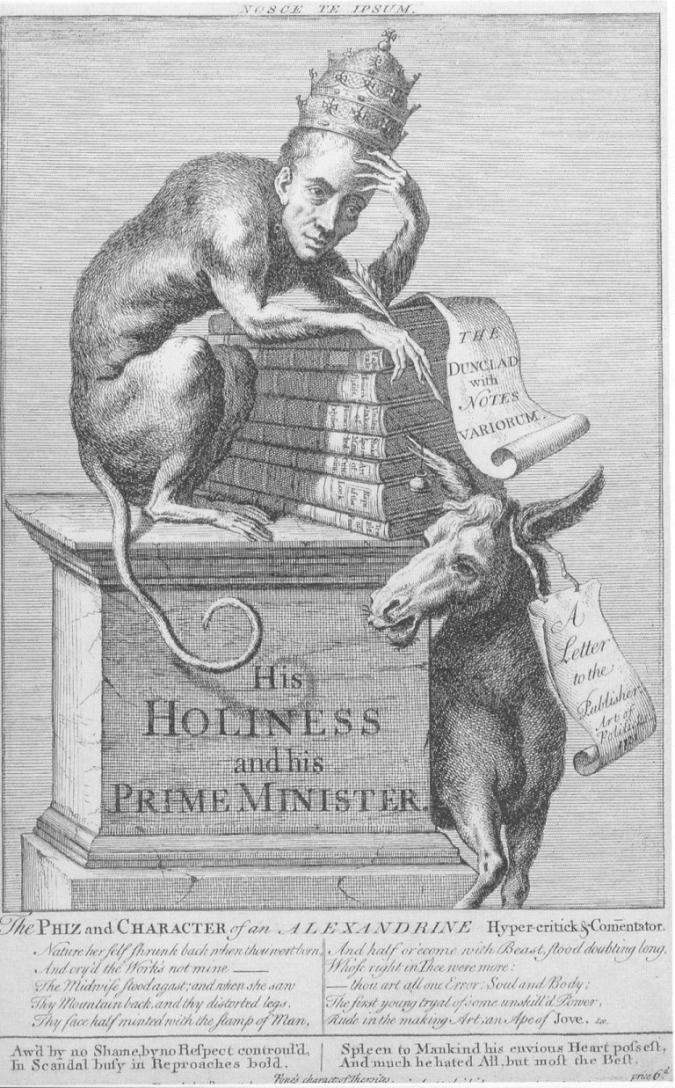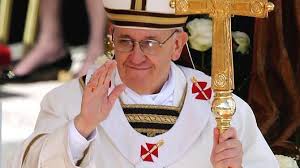First, thank you Nigel Hatton. As always, whenever I am stumped, all I ever have to do is look at my notes.
It is unlikely that a force much greater than yourself should appear, but in the event that it does, one would like (and hope) that this hypothetical monster is at the very least friendly. But how might a person identify themselves as friendly if there is not an other that exists to reaffirm your own beliefs? Everyone would like to think themselves to be the mighty protagonist, the undeniable hero that ultimately achieves glory, admiration, and a legacy that is favorable. Yet this cannot always be the case. The duality of knowing one another, oneself as the self, and another as the other is none other than a friend versus a stranger. To see this in the context of our class, one must not look any further than our most talked about text in the past two weeks in Rowlandson and the one currently being read, Gulliver’s Travels.
The one coming to a new land and the one who was already there creates a tension like no other. On one hand, someone or some people have made this land their home, their children run there, their friends are next door, and they are immersed in their community. On the other hand, those coming are large in numbers, have modern technology, are powerful, and have their best interests in mind. I look at Gulliver’s Travels as this, two strangers, the Lilliputians and Gulliver, untrusting, unaware of either’s existence until fate would bring the two together. In this case, it is extremely unlikely that Gulliver should find himself at the mercy of those the size of his finger, but equally as strange, the country of Lilliput could have never guessed they would encounter a man of this extreme size. Just like the colonizers to invade this “new world”, those already there had no idea of their existence or intentions. I could imagine how frightening that unknown was, and the questions that followed, but none more basic than where did they come from? On the fictional side of Gulliver, this question is hilariously answered as:
“For as to what we have heard you affirm, that there are other Kingdoms and States in the World, inhabited by human Creatures as large as yourself, our philosophers are in much doubt, and would rather conjecture that you dropped from the Moon, or one of the Stars; because it is certain, that an hundred Mortals of your Bulk would, in a short time, destroy all the fruits and Cattle of his Majesty’s Dominions” (47-48).
I tie this directly to what Rowlandson represented to the Algonquians that captured her. Though, obviously they were aware of the English at this point, it is a justified question to ask how could a group of people go around the world taking what is not theirs, being wasteful, destroying life, and creating a damning self-identity that would be looked upon unfavorably in a time such as ours today? How could we have many colonial powers doing this? This seems much more like a warning than a question as I read the last line of the quote again and again.
Though I do not believe that Gulliver came from outer space, in fact, I know he did not, but the point is clear. The real answer is directly given, but still represents an unknown to the country of Lilliput. They have never seen the lands Gulliver talks about. They probably never will. Now, I cannot relieve tensions of two unknowns, but I can answer how this satirical travel log breaks the barrier of stranger and friend. This actually is not all that strange of an answer because as surprising as it may sound, the very answer is also seen in Rowlandson’s narrative. Though initially strangers, Gulliver is awarded hospitality. They integrate him into their society, offer him their resources, honors, and teach him their culture. This becomes a relationship of commonality and mimesis; Gulliver finding himself one with Lilliput, striving for ubuntu, not vengeance. This, too, is seen in Rowlandson. She too becomes immersed in the Algonquian culture, works for a small wage, and goes as far as smoking with King Philip. Therefore, I argue that this scene and overall, this first stop in Gulliver’s Travels mirrors Rowlandson’s capture narrative and the overarching narrative of colonial England towards the native tribes they displaced. And, at the very least, to my amusement, Gulliver’s Travels makes the situation far more enjoyable and humorous.
—Joseph Michael Rojas

